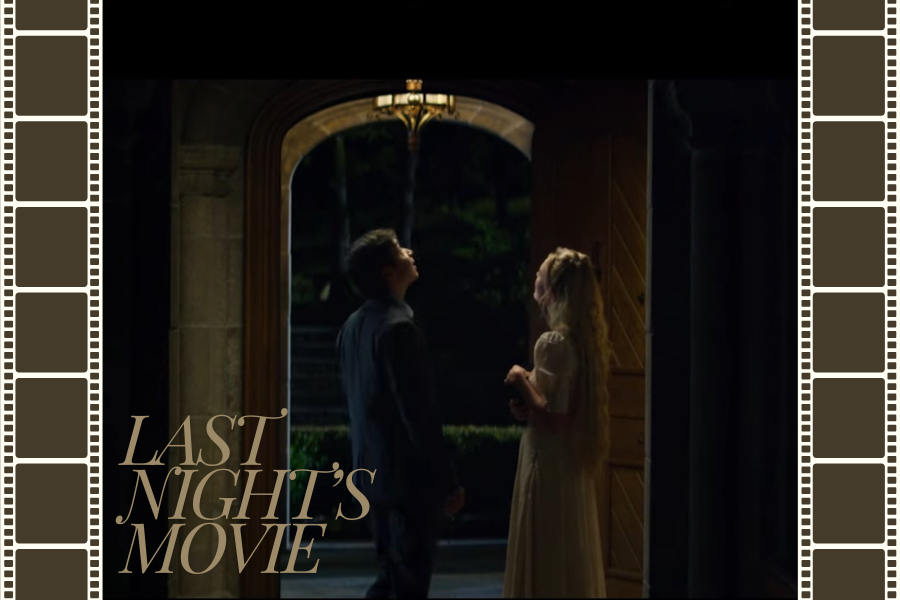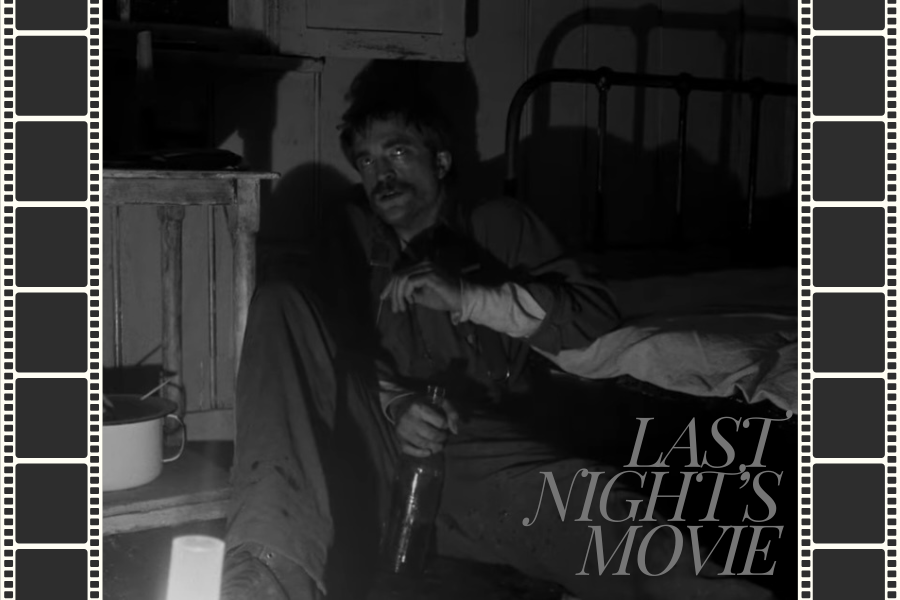Artist Father John Misty wrote a line back in 2015 in the album “I Love You, Honeybear” that goes as follows:
Oh, and no one ever really knows you and life is brief
So I’ve heard, but what’s that gotta do with this black hole in me?
But what exactly does that mean?
This idea has been around for centuries, one more crucial figure being Emmanuel Levinas, a philosopher born in 1905. Levinas’ theory explained by the U.S. Department of Education claims, “Concerned with ethics in a world that seemed devoid of morality, Levinas posited the ultimate responsibility of the I for the Face. The Face, or the Other, the not-me according to Levinas, requires and demands this responsibility precisely because the Other is transcendent.”
To put this in simpler terms, Levinas believes in the idea that no person can know another individual the way they will ever be able to know themselves. Based on these beliefs, Levinas thought, for example, that despite two people being married to one another for over 20 years, there are still things that each partner could do to surprise the other. This ties into the abnormality of a human face, where to yourself, you’ll recognize that someone has eyes, but you do not know what lies behind them. A feeling of almost, “I’m getting to know you, but I don’t know you at all.”
It begins to boil down to the limitless possibilities provided within a society. The construct that was built for all humans— rapid and absurd changes. What once was known as a concrete belief, or rule, can be altered in a year, inserting a natural skill to grow, adapt and customize. Imagine informing a woman from 1918 they would be allowed to vote in two years. It starts a reaction within oneself: How concrete is anything at all?
This is not a surface-based theoretical either, because the feeling trip you can take when the spiral of feeling like you’re unable to know someone else becomes the spiral of feeling like you’re unable to know yourself, is frequently scary and can raise personal epiphanies.
Albert Camus wrote novels about this phenomenon, his most prevalent being “The Stranger.” To give a brief overview of the story, Meursault, an autistic settler in French Algeria, kills an unnamed Arab man in Algiers and is sentenced to the death penalty. However, it’s quite early into the story when the audience realizes that Meursault is unable to care about anything at all.
This introduced the idea of absurdism, described by the Merriam-Webster Dictionary as, “A philosophy based on the belief the universe is irrational and meaningless and the search for order brings the individual into conflict with the universe.”
The spiral Meursault goes down is baseline absurdism, with the phrase he says moments after being sentenced to death summing the theory up almost poetically:
“Despite my willingness to understand, I just couldn’t accept such arrogant certainty.”
Absurdism is more or less becoming aware of the downright absurdity of the world around us. It’s equivalent to thinking about something for a little too long— why did we choose dinner before bed and breakfast when we wake up? Why do we call things the things that we call them?
In an article written by Tadevosyan Azniv entitled Camus: How to Deal with Absurdity? Azniv writes, “While embarking on a search for answers with reason, the intelligence we are faced with challenges distinguishing between the true and the false, where once more we are faced with necessity of unity. On the other hand, most thinkers have established, that making such claims leads to a paradox.”
However, this is true. The question of the normal leads to incredible realizations. When you’re posed with a situation that evokes you to disacknowledge things you thought you already knew, that forces you to question your beliefs and overall intelligence. Of course that causes anxiety, but if we didn’t expand so long ago, where would we actually be now?
One thing Meursault struggles with, though, is his ability to become so good at questioning things, that he indulges in nihilistic viewpoints, basically implying that life itself is meaningless.
Think back to an episode in your life where it was easy to resort to a “nothing matters” mindset to distract yourself from the idea that something might be really important to you. I find myself doing this often with school, where one extremely bad score results in me saying, “None of this will matter in 20 years, so why should I care now?” Strangely enough, this mindset is comforting.
At the same time, despite acting nonchalantly about my school grades, deep down I know I always care. So why is it easy for us to claim we don’t necessarily care when we die, but then panic when we get into dangerous situations?
The quality of life cannot be determined by school grades but is determined solely by how you decide to live it. It’s possible that deep down we all care because there’s nothing else to care about out there.
I find that becoming a stranger to yourself, questioning the absurd, or even believing that nothing has meaning at all will lead you to meet a version of yourself you never thought you’d meet.









